power/level
"on" means that the device should be resumed and autosuspend is not
allowed.(Of course, system suspends are still allowed.)
"auto" is the normal state in which the kernel is allowed to
autosuspend and autoresume the device.
"suspend" means that the device should remain suspended, and
autoresume is not allowed. (But remote wakeup may still be allowed,
since it is controlled separaely by the power/wakeup attribute.)
Step 1: so i have, usb1, usb2, usb3, usb4 ....
$ cat /sys/bus/usb/devices/usb*/power/level
auto
auto
auto
auto
Step 2: how would i know which one is which? (
# echo "on" | tee /sys/bus/usb/devices/usb*/power/level
# cat /sys/bus/usb/devices/usb*/power/level
on
on
on
on
Optional 1: in case the lsusb shows and need to find specific one
#!/bin/bash
usb="046d:082d" # Find ME, Replace the ID
cam=$(lsusb | awk "/$usb/ {print $6}")
echo $cam
if [ ! -z "$cam" -a "$cam" != " " ]; then
for X in /sys/bus/usb/devices/*;
do
a=$(cat "$X/idVendor" 2>/dev/null)
b=$(cat "$X/idProduct" 2>/dev/null)
c="$a:$b"
if [ ! -z "$c" -a "$c" != " " ] && [ "$c" == "$usb" ]; then
d=$(echo $X | sed "s/\/sys\/bus\/usb\/devices\///g")
echo "[FOUND] $d"
#sudo sh -c "echo on > /sys/bus/usb/devices/$d/authorized"
sleep 2
#sudo sh -c "echo on > /sys/bus/usb/devices/$d/authorized"
lsusb
break
fi
done;
fi
Optional 2: in case none found - reboot fails to power cycle use Arduino relay over udp
#!/bin/bash
file="/var/www/html/video/now.jpeg"
function age() {
local filename=$1
local changed=`stat -c %Y "$filename"`
local now=`date +%s`
local elapsed
let elapsed=now-changed
echo $elapsed
}
while true
do
target="/dev/video99"
foundon="none"
warn="[WARNING]:"
ok="[OK]:"
for i in 0 1 2 3 4
do
tmp="/dev/video$i"
if [ -e $tmp ]; then
foundon="/dev/video$i"
#else
# echo "no $i"
fi
done
b="none"
if [ "$foundon" = "$b" ]; then
echo "$warn No camera is found - inform reboot or arduino boot"
else
echo "$ok ln -s $foundon $target"
### Camera is available but something is not correct so ###
file_age=$(age "$file")
echo The age of $file is $file_age seconds.
if [[ ! -f $file ]]; then
echo "file is not found. Kernel sucks for 500mA USB's"
else
echo "found file: $file_age"
if [[ $file_age -gt 240 ]]; then
echo "$warn greater then 240 seconds"
else
echo "$ok - less then 240 seconds"
fi
fi
fi
ls /dev/video*
sleep 5
done
Arduino relay:
#include <SPI.h>
#include <Ethernet.h>
#include <EthernetUdp.h>
byte mac[]={0xDE, 0xAD, 0xBE, 0xEF, 0xFE, 0xAD};
IPAddress ip(10,109,4,166);
byte gateway[]= {10,109, 0, 1};
byte subnet[]= {255, 255, 248,0};
unsigned int localPort = 8888;
char packetBuffer[UDP_TX_PACKET_MAX_SIZE];
char ReplyBuffer[] = "ackv1";
EthernetUDP Udp;
int led1 = 2;
int led2 = 3;
void setup() {
Ethernet.begin(mac,ip);
//Ethernet.begin(mac, ip, '8.8.8.8', gateway, subnet);
Udp.begin(localPort);
pinMode(led1, OUTPUT);
pinMode(led2, OUTPUT);
digitalWrite(led1, LOW);
digitalWrite(led2, LOW);
}
void loop() {
int packetSize = Udp.parsePacket();
if(packetSize) {
delay(1000);
digitalWrite(led1, HIGH); // turn the LED off by making the voltage LOW
delay(3000);
digitalWrite(led1, LOW); // turn the LED on (HIGH is the voltage level)
delay(1000);
digitalWrite(led2, HIGH); // turn the LED off by making the voltage LOW
delay(3000);
digitalWrite(led2, LOW); // turn the LED on (HIGH is the voltage level)
Udp.beginPacket(Udp.remoteIP(), Udp.remotePort());
Udp.write(ReplyBuffer);
Udp.endPacket();
}
delay(10);
}



